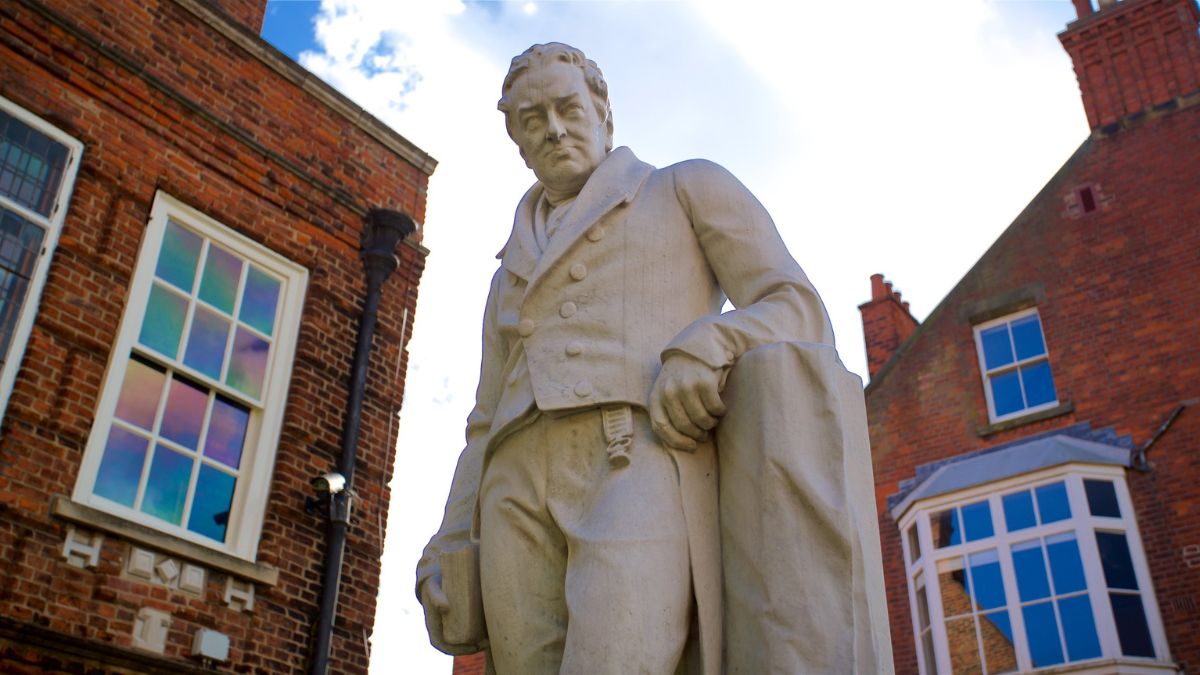

BreakPoint
How Could She?
How could a mother kill her own children? That's the horrific question on everyone's lips, as we read the lurid accounts of Susan Smith, who strapped her two small sons into their car seats and plunged them to their deaths in a South Carolina lake. How indeed could a young mother commit such an unspeakable act against her own children? For you and me, the answer to that question is as close as our faith, as close as our own hearts. Christians, of all people, should never be surprised at the evil that infects every human being—even the most ordinary of people. A dramatic illustration of this truth took place thirty years ago, when Israeli agents captured Adolph Eichmann, one of the masterminds of the Nazi holocaust, and brought him to Israel to stand trial for his crimes. Among the witnesses called to testify against Eichmann was a small, haggard man named Yehiel Dinur, who had survived brutal torture in the death camp at Auschwitz. Dinur entered the courtroom and stared at the man who had presided over the slaughter of millions— including many of Dinur's own friends. As the eyes of the victim met those of the mass murderer, the courtroom fell silent with the tension. Then, suddenly, Dinur literally collapsed to the floor, sobbing violently. Was he overcome by hatred? By memories of the dark evil Eichmann had committed? No. As Dinur explained later in a riveting interview on "60 Minutes," what struck him was that Eichmann did not look like an evil monster at all; he looked like an ordinary person. Just like anyone else. In that moment, Dinur said, he realized that evil is endemic to the human condition—that any one of us could commit the same atrocities. In a remarkable conclusion, Dinur said: "Eichmann is in all of us." This is what the Bible means when it talks about sin. In our therapeutic culture, people cringe when they hear words like evil and sin. We'd prefer to talk about people as victims of dysfunctional backgrounds. But there are times when it becomes obvious that those categories are simply insufficient—times when the evil in the human heart breaks through the veneer of polite society and shows us its terrifying face. Like the Eichmanns of this world, the Susan Smiths of today remind us that even the most ordinary person harbors a fallen nature—a nature in rebellion against God and against all that is good. This is something we cannot solve with therapeutic techniques; it's a brokenness of the soul that is healed only by divine grace. So over the next few weeks, as you see the case of Susan Smith thrashed out again and again in the news, why not use it as an opportunity to press home to your family and your friends the profound truth of the biblical teaching on sin. That ordinary-looking face on the television screen ought to remind us that all of us are in revolt against God. And the only salvation for any of us is repentance and grace.
11/18/94















